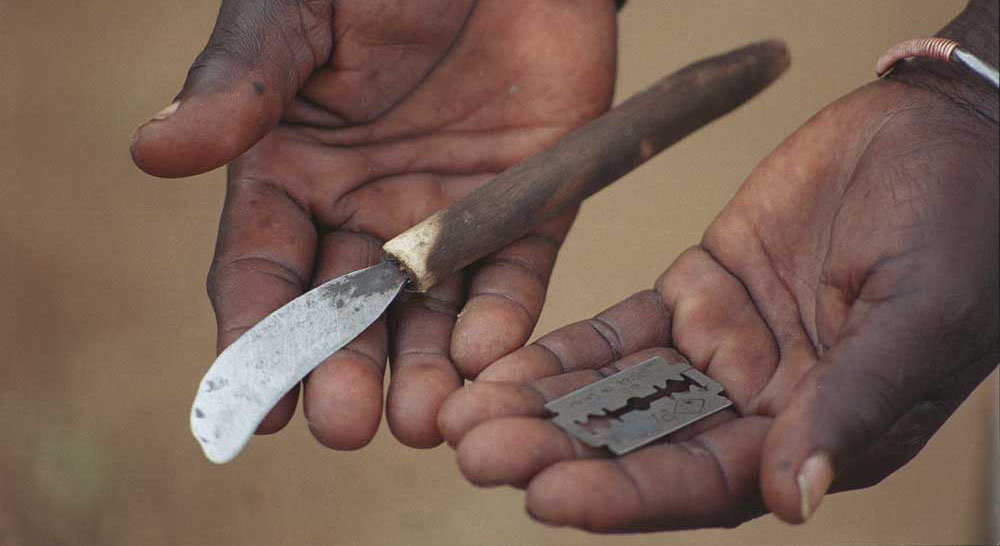The World Health Organisation (WHO) has said the treatment of the health complications of Female Genital Mutilation (FGM) is estimated to cost health systems $1.4 billion per year.
In a publication to mark the International Day of Zero Tolerance for FGM celebrated every 6 February, WHO said the costs of treatment are expected to rise unless urgent action is taken towards FGM abandonment.
According to the global body, more than 200 million girls and women alive have undergone FGM in 30 countries in Africa, the Middle East and Asia where FGM is practised.
The UN also predicted in its publication that in 2024, nearly 4.4 million girls will be at risk of this harmful practice, which equates to more than 12,000 cases every day.
FGM types, complications
Female Genital Mutilation (FGM) comprises all procedures that involve partial or total removal of the external female genitalia, or other injury to the female genital organs for non-medical reasons.
Giving an overview of FGM, the WHO explained that the practice is recognised internationally as a violation of the human rights of girls and women.
“It is nearly always carried out by traditional practitioners on minors and is a violation of the rights of children,” WHO noted.
“The practice also violates a person’s rights to health, security and physical integrity; the right to be free from torture and cruel, inhuman or degrading treatment; and the right to life, in instances when the procedure results in death.”
According to WHO, FGM is classified into four major types, which include the partial or total removal of the clitoral glans; the partial or total removal of the clitoral glans and labia minora; and infibulation, which is the narrowing of the vaginal opening through the creation of a covering seal.
The last type includes all other harmful procedures to the female genitalia for non-medical purposes, like piercing, incising, and scraping the genital area.
The immediate complications of FGM, according to WHO include severe pain, excessive bleeding, genital tissue swelling, fever, infections, urinary problems, shock and death.
Road to 2030
UN admitted that over the last three decades, the prevalence of FGM has declined globally, noting that a girl is one-third less likely to undergo FGM than 30 years ago.
The global organisation said: “However, sustaining these achievements in the face of humanitarian crises such as disease outbreaks, climate change, armed conflict and more could cause a rollback of progress toward achieving gender equality and the elimination of FGM by 2030.
READ ALSO: Activists seek enforcement of laws against female genital mutilation
“With seven years remaining in this decade of action, our collective actions must be centred around creating environments where girls and women can exercise their power and choice, enjoying full rights to health, education, and safety.
“And this is possible through investments in initiatives led by survivors of female genital mutilation who are challenging harmful gender and social norms.”
UN added that to promote the elimination of female genital mutilation, coordinated and systematic efforts are needed, and they must engage whole communities and focus on human rights, gender equality, sexual education and attention to the needs of victims.
2024 Theme
The International Day of Zero Tolerance for Female Genital Mutilation is a UN-organised event for advocacy towards eradicating the menace.
It is marked on 6 February of every year and the theme of 2024 is “Her Voice. Her Future.”
It was first introduced in 2003 and is now being marked in major countries in the world.
The UN said it strives for its full elimination by 2030, following the spirit of Sustainable Development Goal Five.
Support PREMIUM TIMES’ journalism of integrity and credibility
Good journalism costs a lot of money. Yet only good journalism can ensure the possibility of a good society, an accountable democracy, and a transparent government.
For continued free access to the best investigative journalism in the country we ask you to consider making a modest support to this noble endeavour.
By contributing to PREMIUM TIMES, you are helping to sustain a journalism of relevance and ensuring it remains free and available to all.
TEXT AD: Call Willie – +2348098788999








